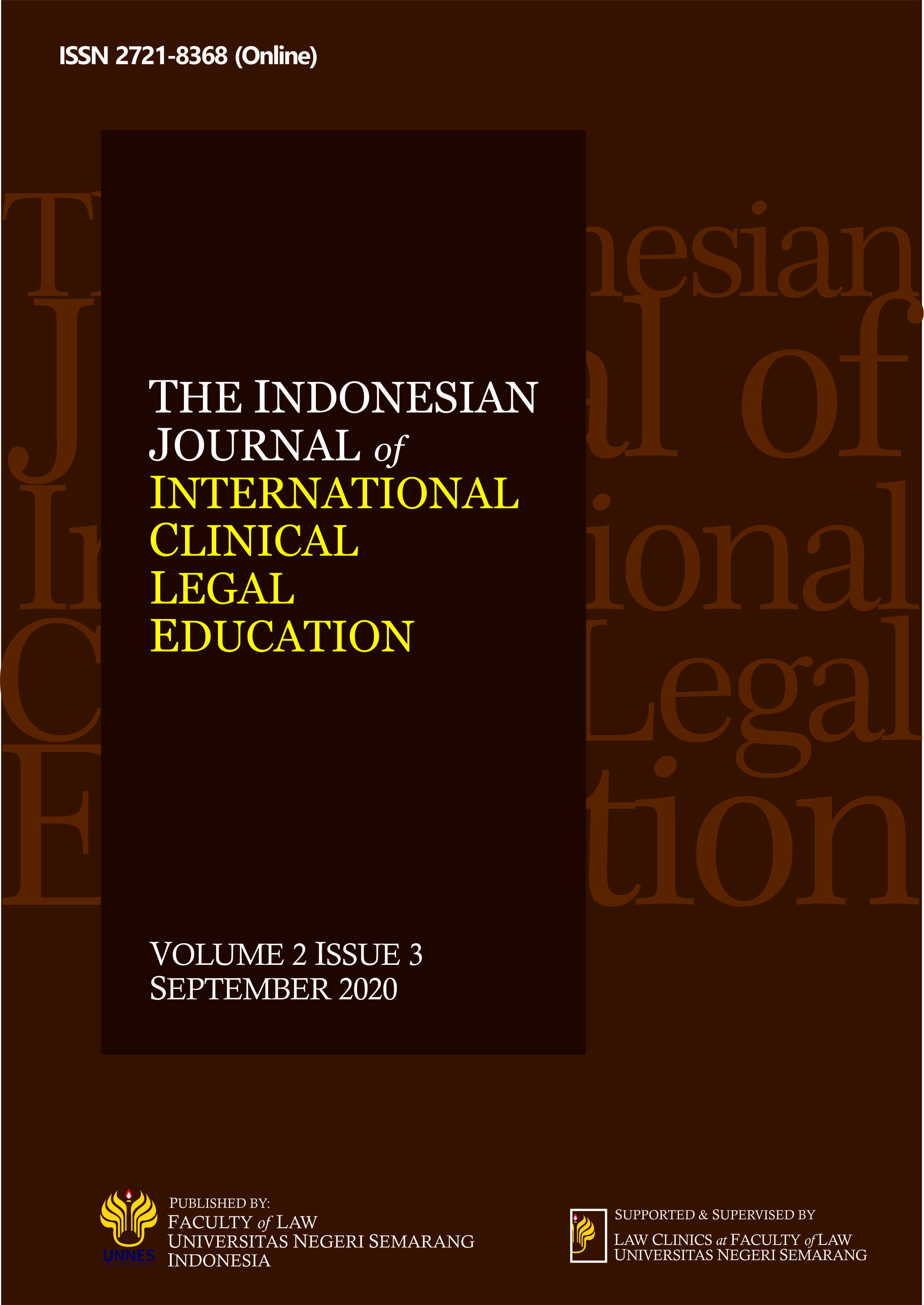The Effectiveness of Indonesian Government Assistance in Handling and Breaking Covid-19 Chains
Main Article Content
Abstract
In response to Corona Virus issues, the government has increased security so that Indonesian people can comply with and follow orders from the government, such as self-quarantine in the home or regional provinces, districts and districts. But it also doesn't keep all societies in compliance with the rules, there's a rogue society and it's as if it won't be infected by the corona virus and they still go about outdoors without wearing masks. As for the start of government policy in dealing with a corona virus is lockdown. Because of the notion that lockdown has failed to address corona, governments select large-scale social restrictions (PSBB). The government has made sure no more state quarantine or lockdown but has implemented PSBB to suppress the spread of corona. One reason the government does not implement a region quarantine is that it is obliged to address basic social needs during these stages. Governments are also obliged to pay for livestock during the quarantine as indicated in the 55-year 2018 bill on health quarantine. Furthermore, governments have also seen the failure of territorial quarantine policies across countries. Large-scale social restrictions (PSBB) have been applied to the 2007 2007 law on disaster relief and health legislation no.6. Large-scale social restrictions will also refer to the civil emergency policy of no.23 years of 1959 policy on the state of danger.
Article Details

This work is licensed under a Creative Commons Attribution-ShareAlike 4.0 International License.
The copyrights of the article in Indonesian J. Int'l Clinical Leg. Educ. is on the Author(s), however, before publishing, it is required to obtain written confirmation from Author(s) in order to ensure the originality (Author Statement of Originality). The statement is to be signed by at least one of the authors who have obtained the assent of the co-author(s) where applicable. This work licensed under a Creative Commons Attribution-ShareAlike 4.0 International (CC BY-SA 4.0). All writings published in this journal are personal views of the authors and do not represent the views of this journal and the author's affiliated institutions.
References
Basith, A. (2020). “Jokowi Putuskan Beri Bansos Rp 600.000 Perbulan”, Online News, retrieved from https://nasional.kontan.co.id/news/jokowi-putuskan-beri-bansos-rp-600000-per-bulan-ini-yang-berhak-menerima?page=all, 10.11
Chasanah, U., Novitasari, T., Nabila, A. S., & Wahyudi, K. E. (2021). Implementasi Program Keluarga Harapan (PKH) di Kecamatan Gayungan Surabaya Pada Era Adaptasi Kebiasaan Baru. Jurnal Indonesia Sosial Teknologi, 2(5), 886-896.
Iping, B. (2020). Perlindungan Sosial Melalui Kebijakan Program Bantuan Langsung Tunai (BLT) di Era Pandemi Covid-19: Tinjauan Perspektif Ekonomi dan Sosial. Jurnal Manajemen Pendidikan Dan Ilmu Sosial, 1(2), 516-526.
Livana, P. H., Suwoso, R. H., Febrianto, T., Kushindarto, D., & Aziz, F. (2020). Dampak Pandemi COVID-19 bagi Perekonomian Masyarakat Desa. Indonesian Journal of Nursing and Health Sciences, 1(1), 37-48.
Mufida, A. (2020). Polemik Pemberian Bantuan Sosial di Tengah Pandemic Covid 19. ADALAH, 4(1).
Nugroho, R. S. (2020). “Apa Itu Pandemi Global seperti yang Dinyatakan WHO pada Covid-19”, Online News, retrieved from https://www.kompas.com/tren/read/2020/03/12/060100465/apa-itu-pandemi-global-seperti-yang-dinyatakan-who-pada-covid-19?page=all, 09.26 WIB
Nuraeni, S., Afriyantti, A. N., Rizky, I. M., Permatasari, D., & Nurliawati, N. (2020). Analisis Kebijakan Bantuan Tunai Langsung Pada Masa Pandemi Covid-19 di Kota Bandung. Konferensi Nasional Ilmu Administrasi, 4(1), 244-248.
Rahmansyah, W., Qadri, R. A., Sakti, R. R. A., & Ikhsan, S. (2020). Pemetaan Permasalahan Penyaluran Bantuan Sosial untuk Penanganan Covid-19 di Indonesia. JURNAL PKN (Jurnal Pajak dan Keuangan Negara), 2(1), 90-102.
Rahmawati, E., & Kisworo, B. (2017). Peran Pendamping dalam Pemberdayaan Masyarakat Miskin melalui Program Keluarga Harapan. Journal of Nonformal Education and Community Empowerment, 1(2), 161-169.
Samudera, B. (2020). “Laporan Khusus: Penggunaan Anggaran Covid-19 Rawan Disalahgunakan”, Online News, retrieved from https://palpos.id/2020/04/15/laporan-khusus-penggunaan-anggaran-covid-19-rawan-disalahgunakan/, 11.20
Silalahi, D. E., & Ginting, R. R. (2020). Strategi Kebijakan Fiskal Pemerintah Indonesia Untuk Mengatur Penerimaan dan Pengeluaran Negara Dalam Menghadapi Pandemi Covid-19. Jesya (Jurnal Ekonomi dan Ekonomi Syariah), 3(2), 156-167.
Telaumbanua, D. (2020). Urgensi Pembentukan Aturan Terkait Pencegahan Covid-19 di Indonesia. QALAMUNA: Jurnal Pendidikan, Sosial, Dan Agama, 12(1), 59-70.
Thaha, A. F. (2020). Dampak covid-19 terhadap UMKM di Indonesia. BRAND Jurnal Ilmiah Manajemen Pemasaran, 2(1), 147-153.
Yunita, N. W. (2020). “Penyebab Asal Mula dan pencegahan virus corona di Indonesia”, Online News, retrieved from https://news.detik.com/berita/d-4956764/penyebab-asal-mula-dan-pencegahan-virus-corona-di-indonesia, 08.38
